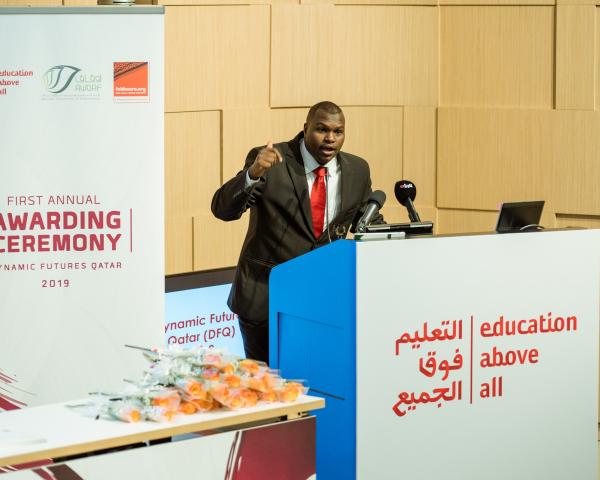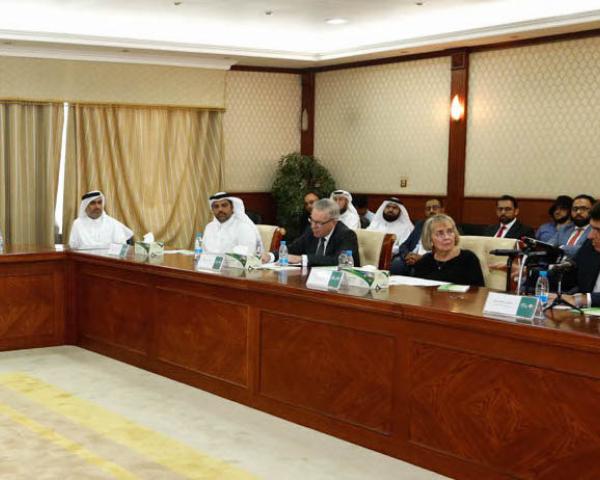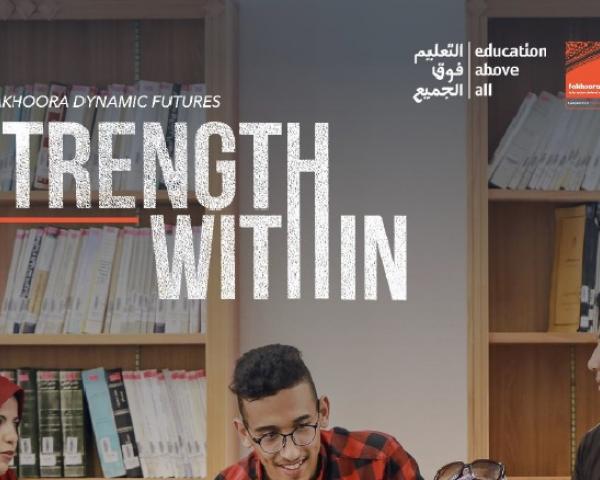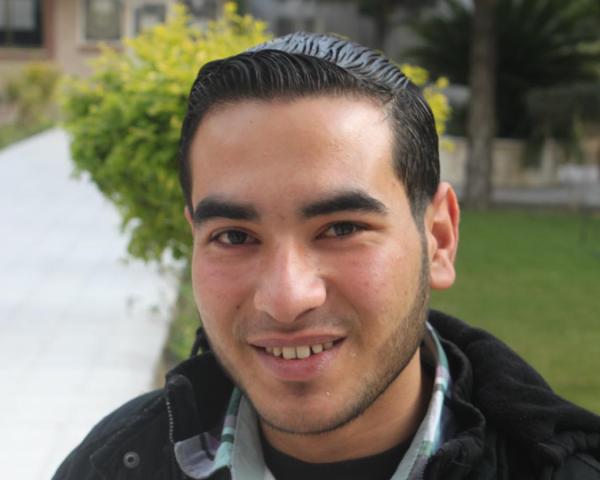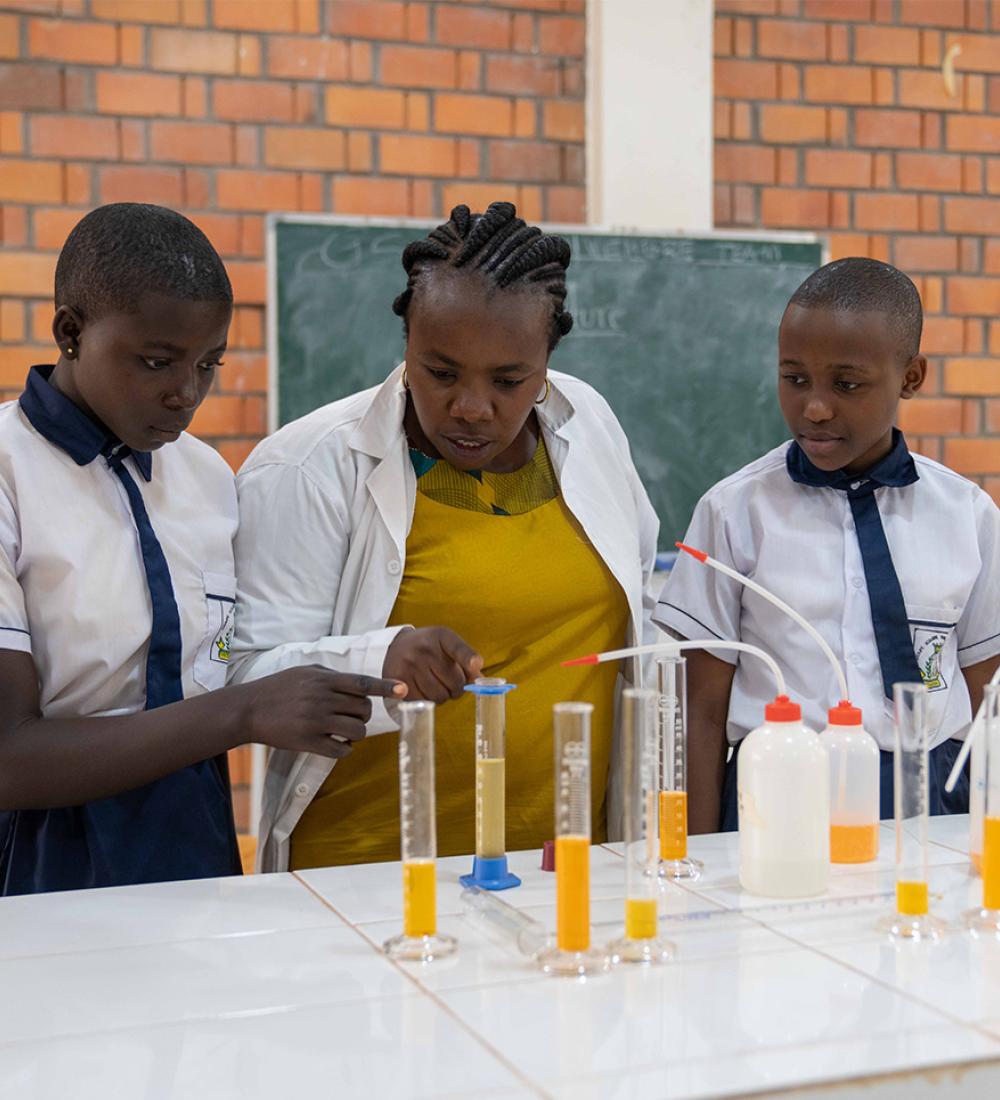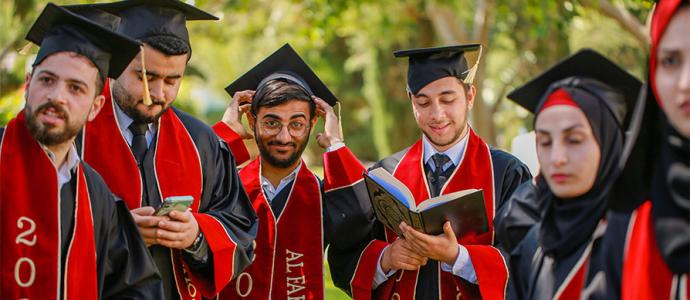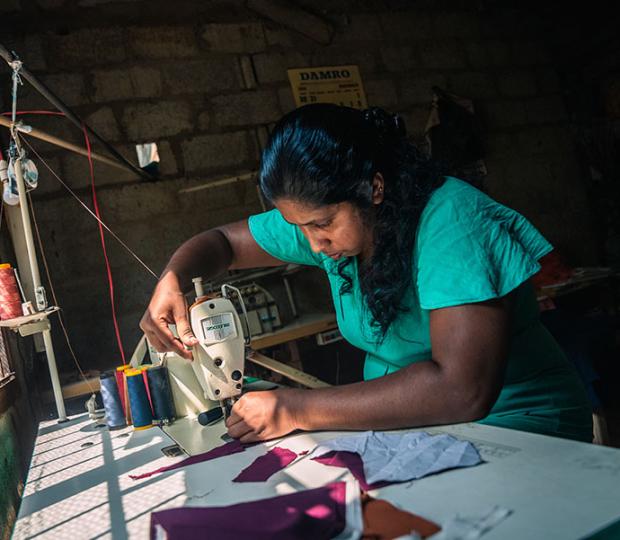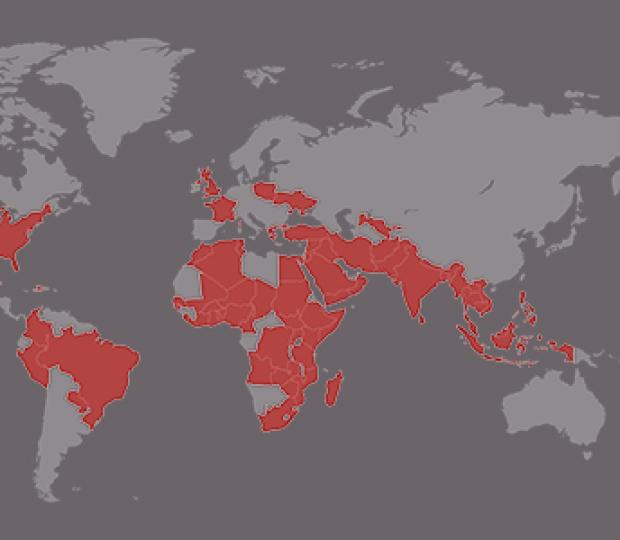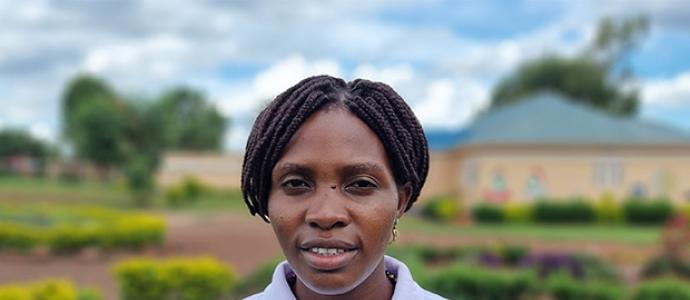Creative Opportunities for Youth Empowerment in the Global Marketplace
In keeping with its mission to ensure access to quality, comprehensive higher education opportunities leading to economic empowerment for marginalized and refugee youth, the Education Above All Foundation (EAA), in partnership with Qatar Fund for Development (QFFD) and the United Nations Development Programme (UNDP), today co-hosted a side event to the UN General Assembly in New York entitled, “Corporations Establishing Outsourcing Centres for Youth Empowerment.” The event was co-organized by the Permanent Mission of Qatar to the United Nations, the Islamic Solidarity Fund for Development (ISFD), and SPARK.
“Our goal, throughout UNGA, is to engage in actionable discussions and efforts with the right partners. Highlighting the importance of higher education; linking market needs to skill sets; aligning education to labour market needs; clarifying the importance of soft skilling (21st century skills) and global citizenship education. Ensuring marginalized youth have access to economic opportunity is at the heart of our work at EAA,” said Leena Al-Derham, Senior Education Specialist at EAA.
The event brought together like-minded organizations from the private sector, host country governments, higher education institutions, and other development actors to work together with EAA towards establishing outsourcing hubs in host countries (Turkey, Jordan, Lebanon, and Palestine), to provide innovative employment opportunities for both refugee and host country youth. With a stated goal of finding ways to grow the region’s footprint as a global outsourcing hub, discussion focused on how to remove barriers to such growth and better prepare marginalized youth for job opportunities associated with the industries served by the outsourcing sector.
The event was moderated by Mr. Farooq Burney, Executive Director of EAA’s Al Fakhoora Programme, and featured speakers and a panel of experts including: Mr. Mourad Wahba, Acting Associate Administrator and Regional Director for Arab States, United Nations Development Fund (UNDP); Dr. Aishah Alayafi, Senior Human Development Specialist, Islamic Solidarity Fund for Development (ISFD), Dr. Enes Efendioglu, Senior Advisor, Presidency for Turks Abroad and Related Communities (YTB), Mr. Sultan bin Ahmed Al-Asiri, Manager of Country Programs, Qatar Fund for Development (QFFD), Drs. Yannick du Pont, Founder and Director, SPARK, Mr. Jonah Kokodyniak, Senior Vice President, Program Development and Partner Services, Institute of International Education (IIE), and Ms. Noëlla Richard, Youth Policy Specialist, Bureau for Policy and Programme Support, United Nations Development Programme (UNDP).
The panellists exchanged views on the challenges facing youth in Turkey and the MENA region, as well as the obstacles impeding the establishment of outsourcing hubs. Their discussion identified the outsourcing industry as a pillar of potential economic growth and development for the region as a whole, particularly given the current crisis context. Panel members showcased models from Turkey and the region that have provided employment opportunities for marginalized youth, created disruptive innovation, and increased the digital export of services.
“Connecting young people, particularly those affected by conflict and marginalized due to war or displacement, to opportunities to learn and grow their skills is critically important,” said Mr. Burney. “Without access to the networks and jobs of the future, these young people will languish and be trapped in the cycles of poverty and conflict that, for decades, has held back their community and limited their individual prosperity. We have a real chance to change this narrative,” he continued.
A concrete example discussed was the Dynamic Future’s e-work programme in Gaza, which has demonstrated that virtual work is a viable, sustainable, and profitable option for marginalized youth facing economic, political, and/or geographic barriers to traditional work. Mr. Burney noted that “…the first cohort of e-work graduates successfully attained decent work through e-employment.
EAA’s programme Al Fakhoora, through generous funding by the Qatar Fund for Development, has worked for over ten years, first in Gaza and now throughout the MENA region, to ensure that children and young people in the poorest and most marginalized communities, particularly those affected by conflict, can access quality education. Al Fakhoora’s multifaceted approach included a USD 40 million project in Gaza, implemented in partnership with UNDP, UNWRA, and UNICEF, to Build Back Better 93 education institutions damaged or destroyed by the conflict in 2014, including the establishment of the first Child Friendly School in Palestine. Additionally, Al Fakhoora’s Dynamic Futures Scholarship and Empowerment programme, implemented in partnership with UNDP and SPARK, provides comprehensive higher education scholarship packages comprised of student services, civic engagement and economic empowerment components, for marginalized and refugee youth in Gaza and Syrian refugees and IDPs in Turkey, Lebanon, Jordan, Syria and Iraq, assisting over 7,000 students.
The outcomes of this event are a starting point for establishing a consortium of leading corporations and governments committed to piloting outsourcing centres in Turkey, Jordan, Palestine, and Lebanon. A strategy will be developed to secure a commitment from outsourcing giants to ensure 5,000 graduates have access to decent outsourcing work by 2025. Training programmes will also be considered to develop youth capacities and hone their skills to meet market needs. Partnerships between development banks, United Nations organizations and non-governmental organizations also need to be explored, including innovative financing models that promote economic growth within the region.
“QFFD reaffirms its commitment to supporting Al Fakhoora, an EAA programme, in providing a comprehensive and vital support system for education in Gaza and other countries,” said Ali Aldabbagh, Deputy Director General of Planning at QFFD. “Al Fakhoora is changing the lives of children and youth in Palestine. Since 2014, through Al Fakhoora’s efforts, over 70 schools and universities have been built, reconstructed or rehabilitated. More than 200,000 direct beneficiaries have received psycho-social support for children, vocational training for teachers, and scholarships for youth,” he added.
According to UNDP’s 2019 Arab Human Development Report Research Paper, youth unemployment rates in 2018 were as high as 25 percent. The paper also estimated that around 40 percent of people in the Arab region will live in crisis and conflict conditions by 2030. Against this backdrop, unemployed graduates are searching for additional pathways to compete in global job markets, improve their livelihoods and fulfil their dreams. Outsourcing centres can provide the opportunity for these youth to participate in the global economy and become productive and economically empowered individuals who are able to rebuild their communities.






